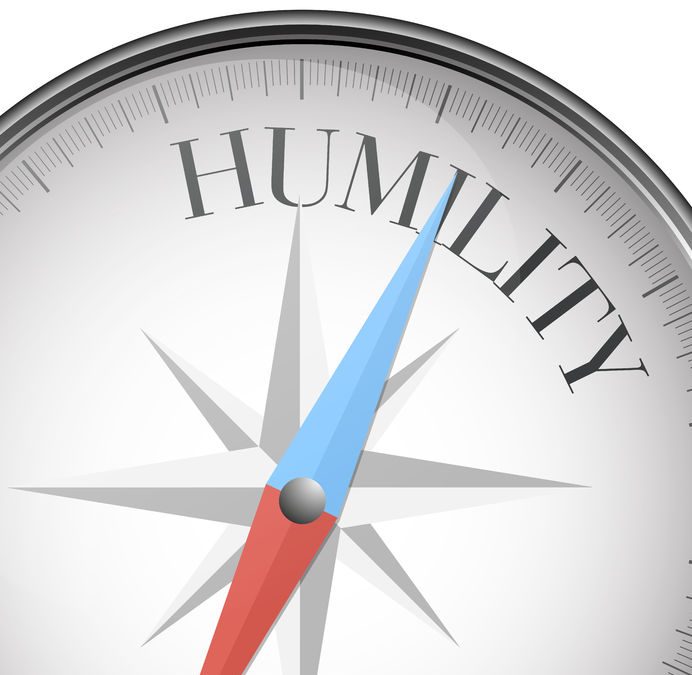Image Source: Unbridling Your Brilliance
South Africa – In today’s society, self-promotion, individualism, social media influencers, gym culture, and the desire for validation through likes dominate our existence.
People flaunt their egos and personal achievements everywhere we turn, making the virtue of humility appear counterintuitive. Nevertheless, the significance of humbleness and modesty cannot be emphasised enough.
At first glance, humility might seem like a weakness, a trait to avoid. While excessive humility can impede personal growth, it also can enhance one’s character, relationships, and leadership qualities.
Humility counterbalances arrogance, which, if left unchecked, can have detrimental consequences in both personal and professional spheres.
Arrogance is not a desirable character trait. It promotes feelings of entitlement and superiority and hinders the ability to form meaningful connections.
People consumed by arrogance often struggle to forge genuine relationships, alienating those around them.
How to Develop Humility
So, what exactly does it entail to embody humility? One might assume it implies diminished self-opinion, lack of confidence, or being devoid of arrogance.
However, it’s quite the contrary. As Imraan Choonara noted, humility isn’t about devaluing oneself but maintaining a healthy self-esteem while being empathetic and valuing the viewpoints, opinions and beliefs of others.
Thus, humble individuals aren’t characterised by low self-worth. Instead, they exude confidence and competence.
“Most people think that humility means putting themselves down all the time or being negative about themselves. For example, if someone says to you, “Oh, you know that’s a nice suit you have. [It looks] amazing and looks great on you,” and you say, “Oh no, this old thing. I’ve had this for 10 years. It’s old.” That’s not humility; that’s a false sense of humility.
How can humility be nurtured and cultivated? It starts with self-awareness, acknowledging our strengths, weaknesses, and limitations while also appreciating the strengths of others without succumbing to feelings of threat or insecurity. A humble individual is neither too proud to lend assistance nor hesitant to seek it.
Moreover, empathy involves prioritising the needs of others above our own, ensuring they feel valued and understood through active listening. This nurtures authentic connections and builds trust.
Choonara suggests another avenue for cultivating humbleness is engaging in service towards others. By redirecting our focus away from ourselves and towards the well-being of those around us, we deepen our understanding of humility.
“If you’re not sure how to develop humility, think about serving something else, someone else or another cause greater than yourself. You will then, by default, become a very humble human being … Remember, it’s not about thinking less of yourself; I mustn’t make myself small and don’t make yourself small. But it’s thinking of yourself less. Focus on others, but first develop yourself and then focus on others.”
